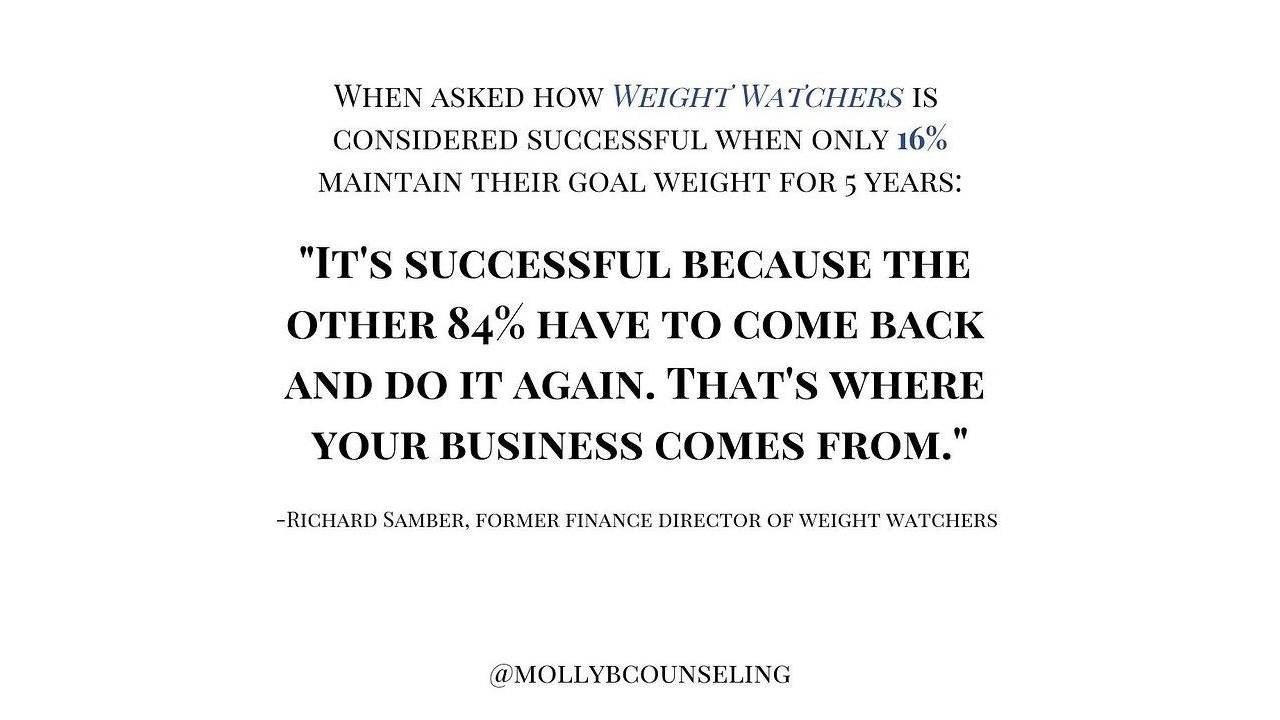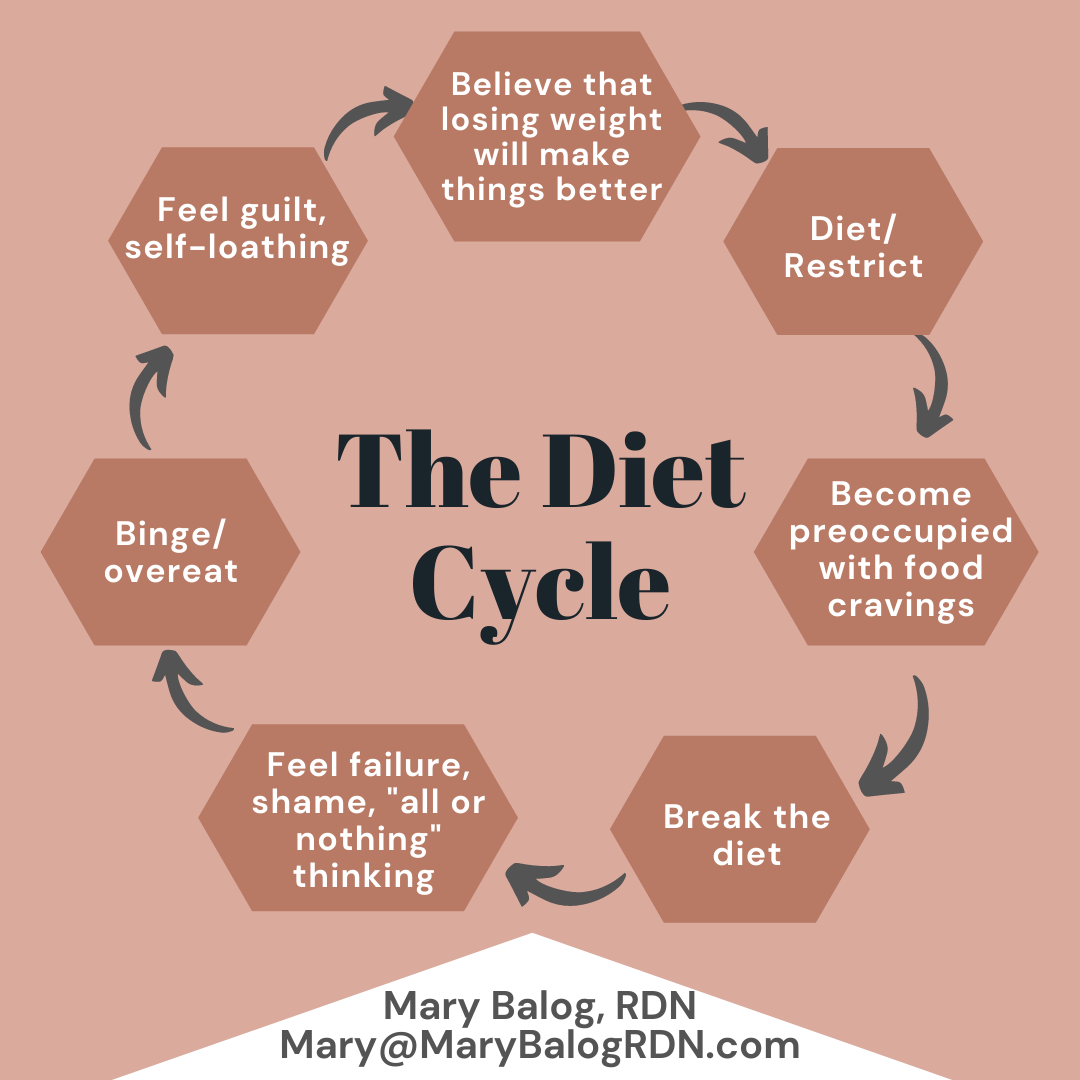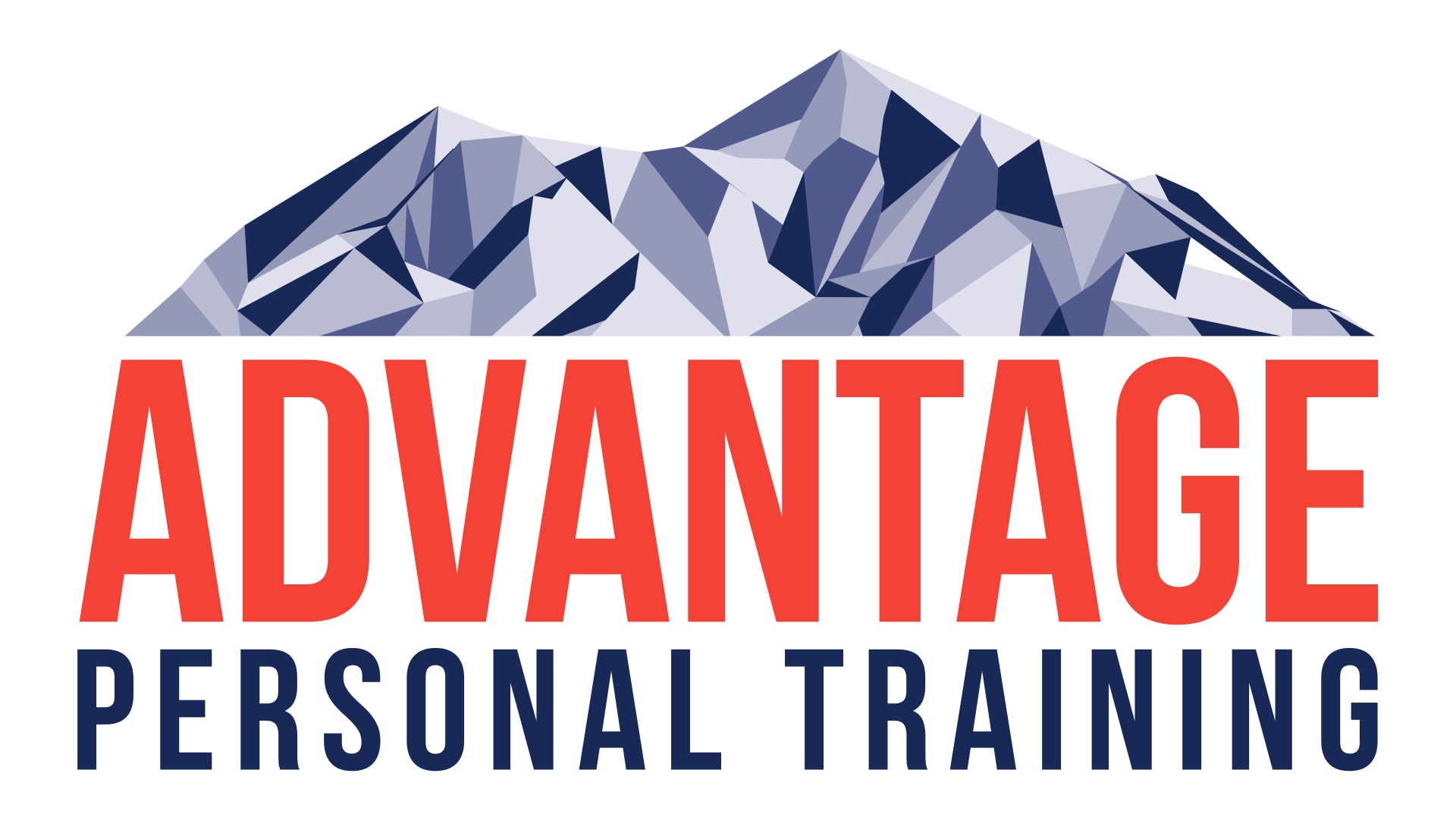Legacy: A Must-Read for Coaches and Managers
 I just finished a book I would put on the essential reading list for any coach, manager, or anyone who is in charge of a team or business. Legacy is a book written by journalist James Kerr after spending 6 weeks with the winningest club in the history of sports, the New Zealand All Blacks rugby club. The All Blacks are the national Rugby union team of New Zealand, a team that holds an astonishing all-time winning percentage of 76%, and has a winning record against every country they have played against. Their most recent win came in the Championship game of the Rugby World Cup, defeating rival Australia 34-17.
I just finished a book I would put on the essential reading list for any coach, manager, or anyone who is in charge of a team or business. Legacy is a book written by journalist James Kerr after spending 6 weeks with the winningest club in the history of sports, the New Zealand All Blacks rugby club. The All Blacks are the national Rugby union team of New Zealand, a team that holds an astonishing all-time winning percentage of 76%, and has a winning record against every country they have played against. Their most recent win came in the Championship game of the Rugby World Cup, defeating rival Australia 34-17.
A club with that kind of success must be doing something right, and that’s what Kerr was there to uncover. He specifically looked at the All Blacks culture, and the habits the club encouraged off the field to give them the best chance to win on the field. He came away with 15 lessons in leadership that contribute to the All Blacks culture. When selecting the team, the club follows one guiding principle.
“Better people make better All Blacks.”
The All Blacks value character above all other attributes. When selecting the team, they screen players using a series of psychological and physical tests that are meant to reveal characteristics of leadership, grit, unselfishness, etc. In a tiny island country with a fraction of the population of some of some of its competitors, it would be tempting for the New Zealand team to assume the way to compete with bigger nations would be to field a team of the 15 best players in the country. The All Blacks slipped into this mindset in the early 2000’s and saw their record suffer, culminating in a last place finish in the Tri Nations, a tournament they traditionally won. In a major overhaul of the culture, Graham Henry, the team’s coach at the time, came to the realization that “better people make better All Blacks.” So the team went about gathering players who would embody this ideal. Of the 15 lessons in leadership and character mentioned in the book, here are a few of the most impactful ideas.
1. Sweep the Shed: after matches, it is the senior players that stay behind after everyone has left and sweep the locker rooms. These are international players of the year, team captains, and leading scorers who take on this responsibility. This is the true embodiment of “servant leadership.” Cleaning up is not a “rookie duty”, or something left to less accomplished players. This is a task the team’s top players take on to demonstrate that no one is bigger than the team, and as a reminder that “no one looks after the All Blacks, the All Blacks look after themselves.”
What this can do for your team: By having the older/more experienced players of the team do the jobs that might be considered rookie or freshmen duties, they are literally taking the wellbeing of the team in their own hands. Leaders are not just there to be the best locker room cheerleaders, they are there to teach younger players how to act, how to conduct themselves, and what it means to be a part of a particular team. When leaders show they take pride in the small things that make a team tick, younger players learn to play for those senior leaders until they take over the role themselves.
2. Pass the Ball: From management all the way down to the players, the All Blacks club offers ways for team members to pass on leadership opportunities down the line. You can see this principle at work during a typical week of practice leading up to a match. Monday’s practice is structured by the coaches and management and addresses what they deem to be the most important deficiency; ball skills, game play, set pieces, conditioning, etc. As the week goes on, the coaches “pass the ball” to the captains and experienced players, making them responsible for designing the last practice before the following day’s match. The players have a chance to practice the things they feel they need the most, allowing the All Blacks to field a team that is fully prepared and aware that they as a team are responsible for their performance on the pitch, and held accountable for the outcome of the match.
What this can do for your team: Leaders give others opportunities to lead, and by doing that, foster new leadership. By passing the ball and giving others the chance to have responsibilities, you might find you have team members (in sports or business) that are more empowered, and therefore more driven toward team goals. It is a lot easier to get on board with the goals of a team when you feel you have a chance to play a role in defining or achieving those goals.
3. Be a Good Ancestor: “Plant trees you will never see.” This is how the club encourages all team members to leave the jersey better than when they found it. To be a part of the All Blacks is one of the highest honors in the sports world, and with it comes the responsibility to be a good steward to the game, a great player on the pitch, and leave a legacy that improves adds to the legacy of the club. When players come to the club, they understand they are part of something much greater than themselves, and that they are expected to sacrifice personal gains to contribute to that greater good.
What this can do for your team: This mindset encourages players to think about how they can leave their own legacy with the team. This leads to a healthy dose of respect for what the jersey means, and the understanding that being on a team means more than just playing well in games.
Legacy by James Kerr is a must-read for anyone who coaches a team or runs a business. I guess I’m a sucker for a business book that is explained in light of the sports world since I am both a coach and a business owner. These are valuable lessons from the most successful club in the history of sports, and will help create a winning culture in your team.
Was what you read interesting? Maybe even helpful? Join our Insider’s list and we will keep our best stuff coming right to your inbox.
Join Our List



Advantage Personal Training is an Ann Arbor based Family Oriented Gym, focusing on the training needs of individuals, small groups and youth athletes. Meet with a results-oriented personal trainer and put yourself on the path to a more active life!
SERVICES
CONTACT INFORMATION
Hours of Operation
Mon to Fri: 6:00 AM - 8:30 PM
Sat: 8:30 AM - 12:30 PM
Sun: CLOSED
All Rights Reserved | Advantage Personal Training


